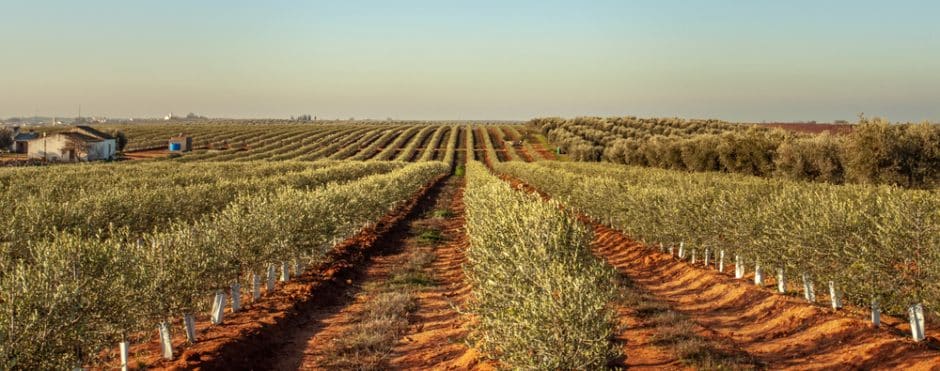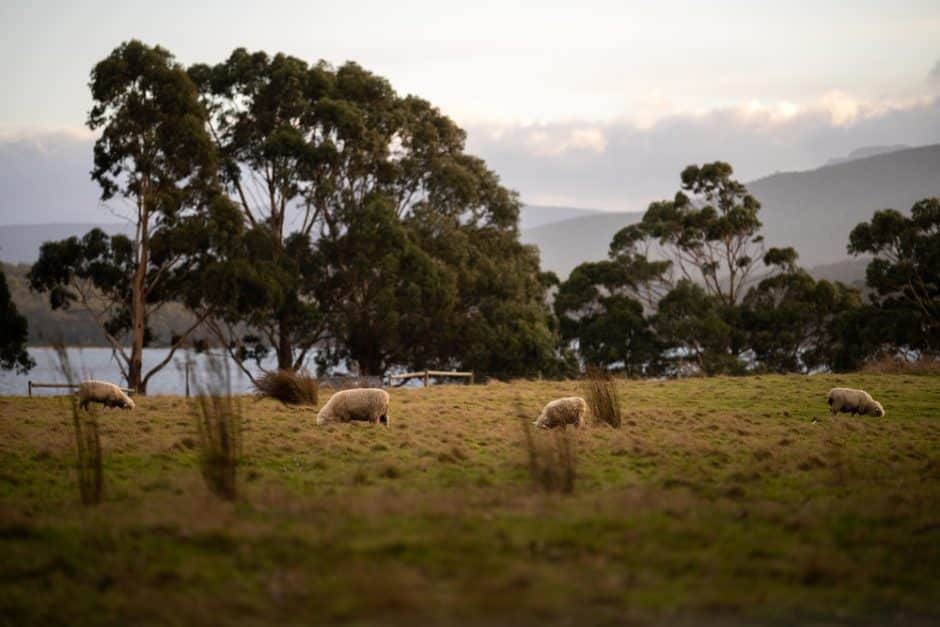ClieNFarms and the role of agriculture in combating climate change
In The News
24 Oct 2024
Climate change is expected to significantly disrupt food systems around the world, including in Europe. As extreme weather events increase in frequency and severity, the crop yields and livestock productivity will be negatively affected. Extreme weather, droughts, floods and disease will persistently lead to higher food prices and put pressure on food security. In this article we explore what could be the role of farming in tackling global issues such as the loss of biodiversity, food security and health.
We are already seeing signs of this. Food prices across the EU have risen by 50% in 2023 due to an increase in energy cost, inflation, the war in Ukraine but also climate change. Extreme rain for instance directly impacted potato prices. As countries like the Netherlands and Belgium left 11-15% of their potato crops in watershed fields, the prices hit a 14-year high ahead of the holiday season.
Since 2021, mostly due to the droughts in Spain, olive oil production in the EU has dropped by a third. In 2023, olive oil prices in the EU were up by 50%. In January 2023, olive oil prices were up by 70% in Portugal.
Similarly, Spain’s orange production was cut in 2023. And beyond Europe, similar events are taking place. In Brazil, the biggest orange producer in the world, the 2024 harvest is set to be the worst harvest in almost four decades.
Russia’s invasion of Ukraine has played a part in skyrocketing food prices to record heights as it worsened existing global supply chain issues, which were already under strain from the COVID-19 pandemic. However, the current EU food system is one of the biggest threats to itself by contributing to environmental damage, like biodiversity loss and climate change, while also making it harder for people to access healthy, sustainable food.
So how do we mitigate climate change and adapt our agricultural practices to changing climate conditions and find solutions that are sustainable but still profitable? How do we decrease agricultural emissions that account for 13% of all emissions in Europe? ClieNFarms, a pan-European project funded by the European Commission, is exploring some answers.

Exploring sustainable practices for climate-neutral farming
ClieNFarms is a Farm to Fork Strategy (F2F) project that is contributing to Europe’s goal to achieve climate neutrality in agriculture by 2050. The F2F Strategy is at the heart of the European Green Deal and seeks to make food systems fair, healthy and environmentally friendly and to transform the way food is produced, processed, distributed, and consumed in the EU.
The project spans across Europe and beyond (with one partner based in New Zealand) and includes different types of farming systems in various kinds of regions: from specialised culture and arable crops in Mediterranean and Continental regions to dairy and beef systems in Oceanic and Mountainous regions.
Establishing a sustainable food system from the ground up
ClieNFarms is centred around a demonstration approach called the Innovative Systemic Solution Space (I3S). It’s all about bringing together different actors to test and share tailored, co-designed ideas that work for both local contexts and the supply chain. I3S doesn’t just focus on technical fixes, but also includes financial and organisational solutions. For example, it’s looking at ways to improve existing approaches to help farmers achieve economically viable and sustainable business models.
But what sets ClieNFarms apart in leading the development of a sustainable and accessible food system is its direct collaboration and partnership with farmers. In fact, all stakeholders of the food system – farmers, agri-food businesses, policy makers, extension services, finance and citizens – are involved and working together in the project to establish a sustainable production system.
Concretely, this means that farmers can explore environmental practices that may be new to them, such as precision agriculture, agroforestry, and regenerative farming. They can learn from each other through farm-to-farm exchanges, where they visit other farms to see how they’re operated. Some participating farms organise demonstration events and invite neighbouring farms, and other farmers can visit farms across different countries.
This is done to ensure that farmers can keep their livelihood and that there is climate justice.

First results in unlocking climate-smart solutions
To make knowledge and good practices accessible to farmers, the project has developed knowledge repositories that are available and ready to be used – the Scaling Toolbox and the Catalogue of Climate Solutions.
The Scaling Toolbox is for those involved in the food and farming sector to make changes on their land, through their investments or through their regulations. It is a guide for farmers, advisors, private companies and policymakers on how to transform agricultural practices towards sustainability, soil health, and ecosystem regeneration.
The Catalogue offers farm-level climate solutions that can reduce the climate impact of agricultural production systems in Europe. It provides information on and expected impact of practices and technologies aimed at reducing the climate impact of dairy cattle, pigs, beef cattle, arable crops, sheep, and perennial crops.
Stay tuned as we’ll dive deeper into these and other solutions in the next articles of our Farming for the future series, a three-part series focusing on agriculture.
This series is part of EIT Climate-KIC’s #FoodFutures campaign, which showcases how we are supporting key players across the food sector in transitioning to sustainable practices. Through this campaign, we capture real-world stories and lessons from our demonstration projects in Europe and beyond, to illustrate what systemic change looks like on the ground. Our goal is to highlight the transformative potential when farmers, policymakers, and industries collaborate to address the food system crisis. By connecting the dots between sustainable farming models, bridging urban-rural divides, and supporting agritech innovators, we aim to accelerate the shift toward a healthier, more resilient food system for all.



